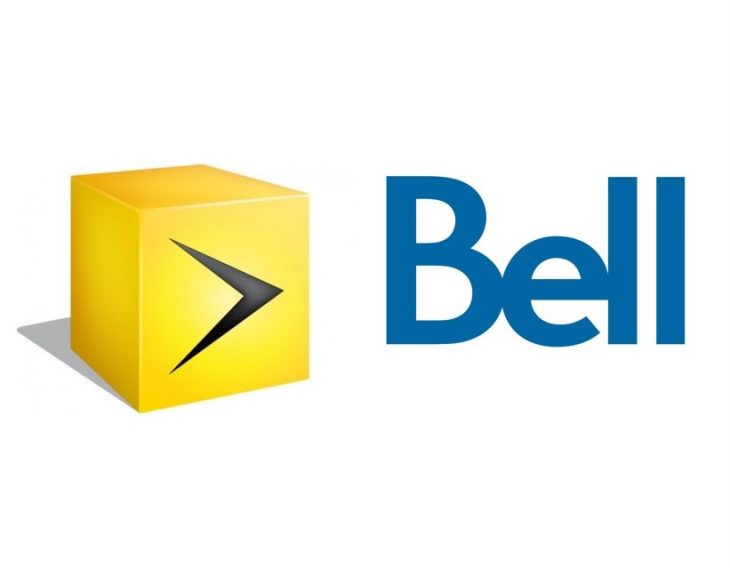
By Ahmad Hathout
OTTAWA – Videotron parent Quebecor has filed a Part 1 application to the CRTC arguing that it is unfair that Bell can charge fees for both the existing 9-1-1 system and the next generation emergency system at the same time.
The cable company must pay a monthly rate to Bell – which is responsible for the operation of 9-1-1 networks – to connect it with emergency services. But because Canada is transitioning to an internet-based system in which distressed callers can send videos, photos and medical information to first responders, the CRTC has ordered that ISPs also pay for the future system at the same time.
Quebecor, which has been accused by Bell last month of not paying those fees, said in a Part 1 filed Friday and published today that the double payment system is not fair. It said those payments will have to be made over the next three years until the current 9-1-1 system is phased out.
“Despite the Commission’s objective of ensuring the provision of an NG9-1-1 service that is efficient, resilient and cost-effective, the current regulatory framework for NG9-1-1 services does not appear to be capable of meeting this objective, because it obliges TSPs [telecommunications service providers] to pay high 9-1-1 fees,” Quebecor said in the Part 1. “What is worse, since 1 March 2022, TSPs have had to pay two 9-1-1 fees, even if in reality they are using only one 9-1-1 service.”
Quebecor charges that, at the very least, Bell should have been forced to file updated cost proposals for existing 9-1-1 fees to “cover the coexistence period” for the two networks. “This would have made it possible to highlight the effect of amortization, as well as the efficiency gains associated with consolidation of the 9-1-1 networks in Quebec and with technological advancements,” it said, adding the NG 9-1-1 fees are also very high.
It is asking the CRTC to force Bell to file new cost studies for existing services.
“Obviously, the ILECs’ cost studies are completely divorced from reality—both those for the existing 9-1-1 service, which are over 20 years old, and those for NG9-1-1, which are shamelessly inflated,” Quebecor said. “The costs to be paid by the TSPs today are completely unreasonable.”
Quebecor is also asking the CRTC to force Bell to charge fees based on TSPs actual system use, not for servers that are not used.
“By ordering the ILECs to charge the TSPs 9-1-1 fees on a per-use basis, that is, according to the actual use that they make of 9-1-1 services, the Commission will ensure the achievement of its objective of providing Canadians with an efficient, resilient, cost-effective 9-1-1 system,” Quebecor said.
It is also asking that Bell and other ILECs refund NG 9-1-1 fees collected since the transition period began on March 1, 2022 and begin charging those new 9-1-1 fees “once the migration of emergency calls to the NG9-1-1 system has begun.”



